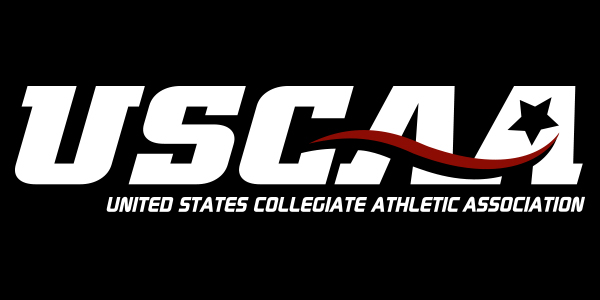We’re committed to making biblical education affordable and accessible for you.
Tuition
A Detailed Breakdown of Tuition Rates and Fees for All Students
How Much Does Each Program Cost?
Fall 2025 – Spring 2026 Tuition & Fee Schedule
Traditional Program – Tuition
- Per Semester (Full-time, 12-18 Credit Hours) $7,600.00
- Per Credit Hour (1-11 Credit Hours) $510.00
- Per Credit Hour (19 Credit Hours and above) $510.00
- Online Technology Fee per course $75.00
Trinity Quest Program – Tuition
- Per Credit Hour $510.00
- Online Technology Fee per course $75.00
Trinity Access – Tuition
- Per Credit Hour $510.00
- Online Technology Fee per course $75.00
Online Only – Tuition
- Per Credit Hour (Full-time = 12 Credit Hours or more per semester) $390.00
- Per Credit Hour (Part-time = 11 Credit Hours or less per semester) $460.00
- Online Technology Fee per course $75.00
- For more information and clarification please review here.
Dual Enrollment Students (select courses only) – Tuition
- Per Credit Hour $130.00 (for approved courses)
How Much Does it Cost to Live on Campus?
Residence
- * Room and Board Per Semester – Full Meal Plan (double occupancy) $5,700.00
- * Room and Board Per Semester, additional for a private room (upon approval) $1,350.00
- Room Security Deposit $150.00
- Replacement Key Charge $30.00
- Summer Room Per Week $170.00
General, Trinity Quest, & Special Fees
General Fees
- ** Student Services Fee Per Semester (5+ credits) $550.00
- Graduation Fee $125.00
- Transcript Request (1 copy) $5.00 for each copy
- Transcript URGENT Request (1 copy) $25.00
- Student Services Fee Online Program/Trinity Access Option Per Semester $50.00
- Tuition Deposit $50.00
Trinity Quest Fees
- ACE Fee (some online courses) $50.00
- CDC (Credit Demonstrated by Competency – per credit hour) $95.00
- Embedded book cost (some online courses) $50.00
- Student Fees (per semester) $95.00
Special Fees
- Audit Fee (per course) $210.00
- Late Registration Fee $50.00
- Late Graduation Application Fee $50.00
- Internship Fee (for 0 credit) $65.00
- Replacement Key Charge (other than room key) $20.00
- Independent/Directed Study Fee (plus per credit hour fee) $110.00
- Parking Decal (Annual) $35.00
- Practice Piano Fee Per Semester $110.00
- Private Music Per Semester $165.00
- (1/2 hour per week – 15 weeks) (Vocal, Piano)
* Full Meal Plan Included:
- Breakfast available Monday thru Thursday
- Lunch available Monday thru Friday
- Dinner available Monday thru Sunday
- Brunch available Saturday and Sunday
** Students taking less than 5 credits pay only for involvement in specific activities.
Cost of Attendance Details
The 2024-2025 Cost of Attendance components are used to determine eligibility for federal, state, and institutional funding. These amounts reflect the estimated costs for full-time, dependent students living on or off campus. The Direct Cost items are those that will be billed by and paid directly to TCF. Students that live off campus are not billed for room fees by TCF. The Indirect Cost items are not billed by TCF; however, these amounts are estimates of expenses that a student may have while attending TCF and may be included when determining eligibility for federal funding.
Direct Cost Estimates (on-campus)
- Full Time Tuition: $15,200
- Fees: $1,100
- Room & Board: $11,400
Total Direct Cost = $27,700
Indirect Cost Estimates (on-campus)
- Loan Fees: $70
- Books, Supplies, Equipment, Course Materials: $700
- Miscellaneous: $2,000
- Transportation: $600
Total Indirect Cost = $3,370
Direct Cost Estimates (off-campus)
- Full Time Tuition: $15,200
- Fees: $1,100
Total Direct Cost = $16,300
Indirect Cost Estimates (off-campus)
- Loan Fees: $70
- Housing: $14,770
- Food: $3,200
- Books, Supplies, Equipment, Course Materials: $700
- Miscellaneous: $2,000
- Transportation: $2,656
Total Indirect Cost = $23,396






